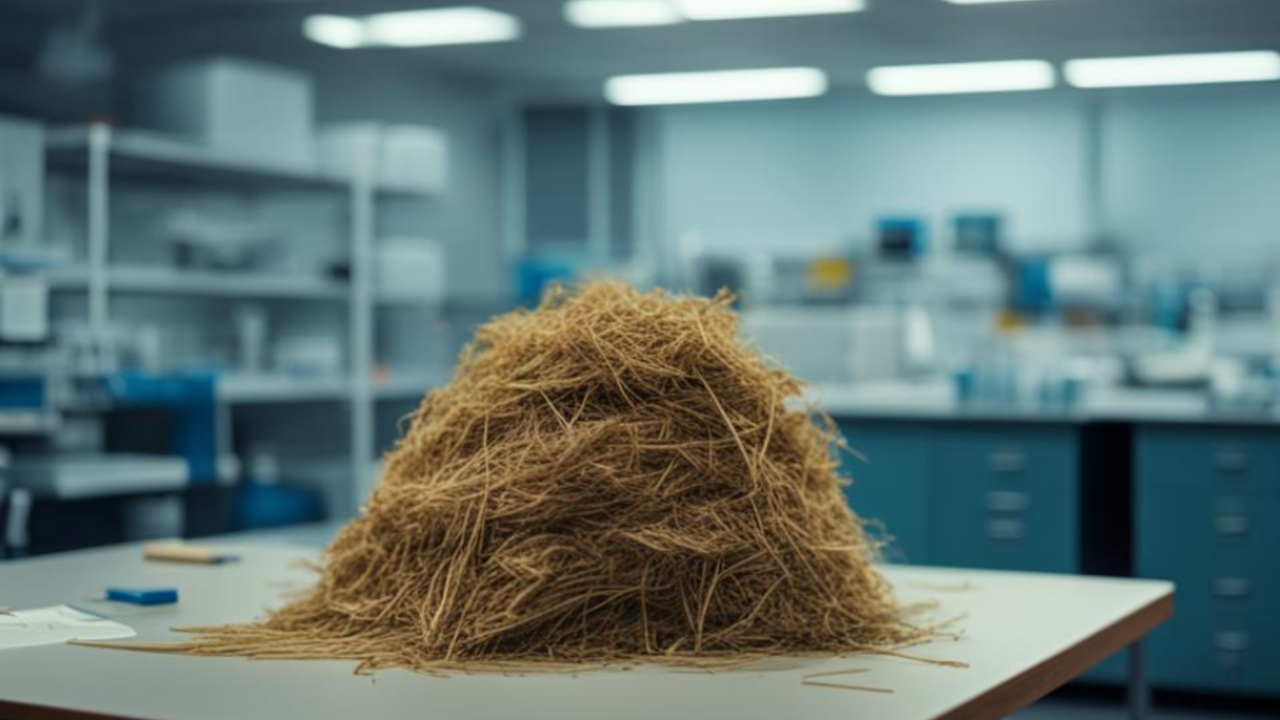The ability to sequence bacterial genomes has revolutionized our understanding of these tiny neighbors. However, analyzing entire microbiomes, which often consist of a diverse orchestra of microbes, can be like listening to a cacophony and not knowing which instrument to focus on. This is where mEnrich-seq comes into play.
Developed by researchers at the Icahn School of Medicine at Mount Sinai, mEnrich-seq uses a key fingerprint: bacterial DNA methylation. Just like humans have birthmarks, bacteria have special chemical signatures in their DNA. mEnrich-seq recognizes these “secret codes” and effectively suppresses background noise by enriching samples for bacteria of interest.
These “tweezers” successfully extracted and sequenced E. coli genomes from urine samples from patients with urinary tract infections. Not only did mEnrich-seq capture more than 99.97% of genomes, it did so with greater sensitivity than traditional methods, even when E. coli was present in very small amounts.
But mEnrich-seq’s capabilities extend beyond E. coli. The researchers also isolated and sequenced the elusive Akkermansia muciniphila, a gut bacteria associated with obesity and type 2 diabetes. This study, previously challenging due to the bacterium’s rarity, paves the way for understanding the bacterium’s role in these complex diseases.
News materials cannot be equated with a doctor’s prescription. Consult an expert before making a decision.
Source: Ferra
I am a professional journalist and content creator with extensive experience writing for news websites. I currently work as an author at Gadget Onus, where I specialize in covering hot news topics. My written pieces have been published on some of the biggest media outlets around the world, including The Guardian and BBC News.












